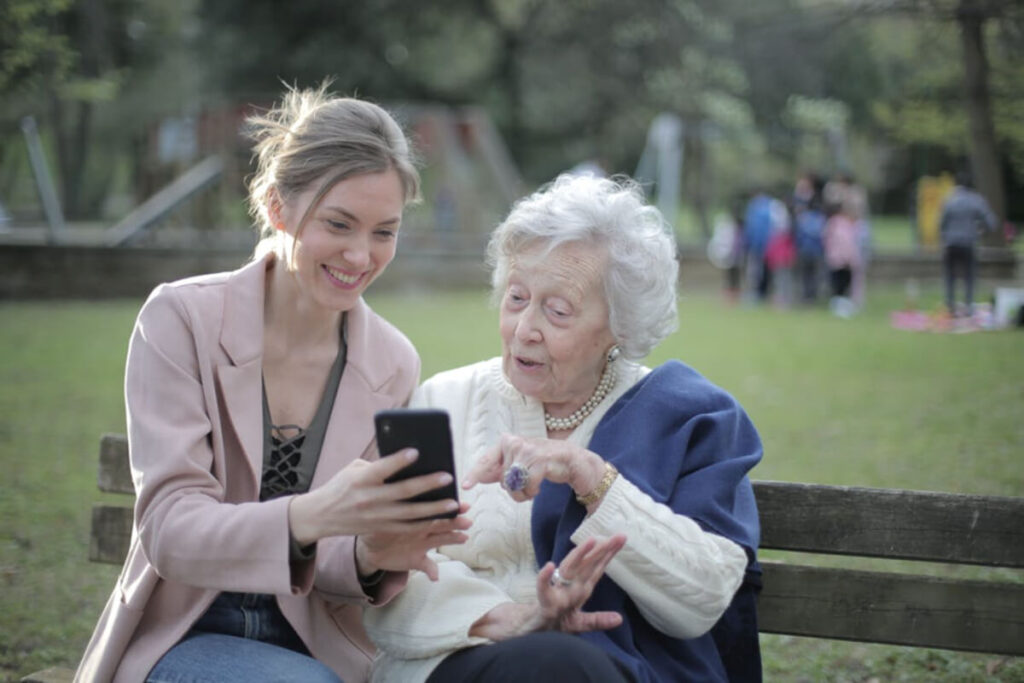Caring for a Relative with Alzheimer’s? Here Are Some Tips

Source: Pexels
According to Medical News Today, as of 2016 about 5.7 million adults living in the USA have been affected by Alzheimer’s disease. If you are caring for a family member with Alzheimer’s, you’ll know that it comes with challenges. If the process may seem overwhelming, don’t be discouraged. Below, we’ve prepared four important tips for caring for a loved one with Alzheimer’s disease.
1. Educate yourself about Alzheimer’s disease
Alzheimer’s disease is a disease that destroys brain cells and affects a person’s memory, thinking, behavior, and ability to perform simple tasks. WebMD says this degeneration happens slowly over time and creates a complex dynamic between the person suffering from the disease and their caregiver.
By educating yourself about the process of this disease, you’ll learn to identify symptoms as or even before they develop. This can not only help you gain a better understanding of your loved one but also help with creating better care and treatment plans.
2. Make a daily routine or plan
A structured routine is helpful because it is easier to remember and do tasks when they are already pre-set. Verywell Health notes that daily routines help reduce stress and anxiety.
Simple, whole-day schedules help persons suffering from Alzheimer’s develop familiarity, as well as strengthen their memory. To help them keep track of what they need to do, you can write the tasks out on paper, or on a board hanging on the wall, or set them into a digital device with alarms.
3. Pay attention to medications
Many people with Alzheimer’s disease are required to take medications to help support and delay the natural degenerative course of the disease. Unfortunately, sometimes they may forget, or simply refuse, to take their medications.
Our previous article on elderly people taking medications for Alzheimer’s disease covered several tips on how to help them take their medicine. These include friendly reminders, as well as using the BrioCare smart voice care application as a customized caregiver app.
Another way to help with their medications is to place them in labeled containers. You can also help them keep track of their medications by reviewing the expiration dates and discarding any expired ones. In addition, because some medications require a prescription, you can also assist with scheduling doctor’s appointments.
4. Knowing who to hire to help
Finding the best Alzheimer’s care for your relative can be difficult. A degenerative disease like Alzheimer’s will often need specialized care, which not everyone may have the training for. Specialized careers in nursing are well suited for this, such as a home care registered nurse, a licensed vocational nurse, or a registered nurse.
Some nurses have further training that makes them exceptionally suited for the job. Nurses with advanced BSN degrees are more qualified to take on specialized roles, including roles in nursing care for adults. These specialized nurses can provide daily nursing care, supervise treatment plans, and more. They can even help your relative make a customized Alzheimer’s care plan, or manage their smart devices and apps, such as taking charge of a senior care app or dementia care app.
Caring for a loved one with Alzheimer’s disease can be challenging, especially during the later, more severe stages of the disease. Not only do you have to deal with the logistical concerns of care, you’ll also have to deal with the emotional burdens that come with Alzheimer’s care. The above four tips are simple, but hopefully helpful suggestions to help support you during this difficult journey.
Words by Caitlyn Jake | Article exclusively written for briocare.us


